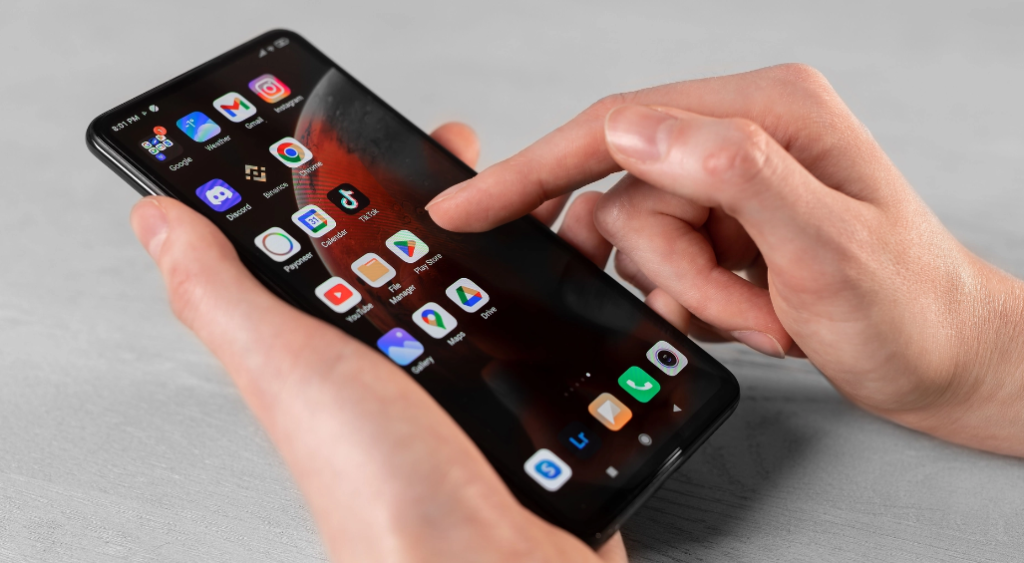Many common apps could be tracking your location and sharing data with third parties.
Others are reading now
Many apps that we use daily can unknowingly track and share our personal information, especially location data, with third parties.
According to Futurezone, even seemingly harmless apps like flashlight tools are known to collect and share unnecessary personal data, like contacts and locations, often for marketing or surveillance purposes.
Here’s a closer look at some of the most concerning app types to watch out for:
Also read
1. Flashlight Apps
Although most smartphones come with built-in flashlights, third-party flashlight apps still request permissions for data that should be unrelated to their function, such as contacts or location. These apps often share user data with advertisers or even more concerning third parties.
2. Popular Games
Games like Angry Birds have been known to share user data in the past, sometimes even with surveillance agencies. While playing these games may seem harmless, they can access sensitive information that users are unaware of.
3. Fitness Apps
Fitness trackers that record your routes can reveal your location and movement patterns. With lesser-known fitness apps, there’s a risk of personal data, including addresses and routine patterns, ending up in the wrong hands.
4. Social Media Platforms
Social media giants like Facebook and Instagram are often equipped with location-sharing features for targeted marketing. However, this data can also provide strangers with private insights, such as frequented places or home locations, putting users’ privacy at risk.
5. Navigation Apps
Navigation apps like Google Maps are highly convenient but store detailed location histories, potentially revealing your daily habits and routines. Review the app’s settings to limit location tracking if frequent navigation use is necessary.
To protect your data, consider deleting or limiting permissions for these apps, or using built-in smartphone features when possible. Small adjustments can reduce the amount of personal data shared unknowingly.


